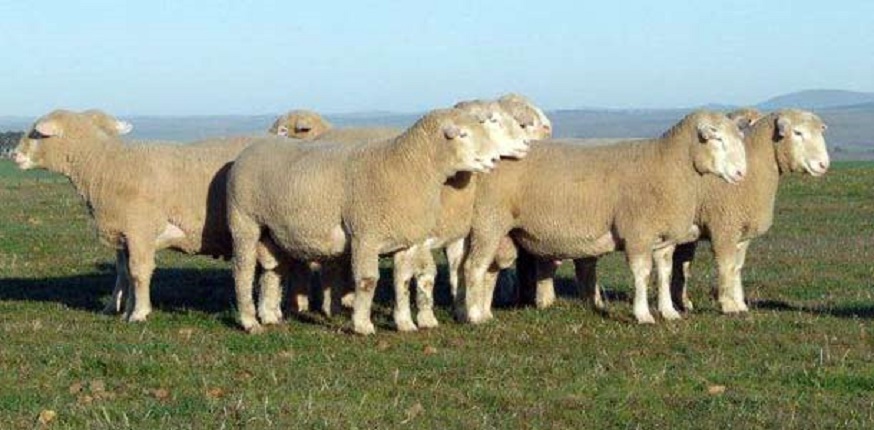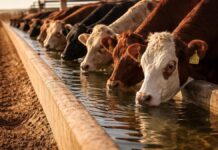Winning a landmark land expropriation court case, expanding an already thriving wool market to include communal farmers, and the prospect of rain are just some of the reasons that Eastern Cape farmers can head into the New Year with confidence.
This is according to Agri Eastern Cape president, Doug Stern, after another tough year for the province’s farmers, who have been battling the worst drought in a century for the past three years.
“It’s extremely important to remain upbeat,” said Stern, adding that food producers would always have a vital role to play in the South African economy. “While it’s easy to focus on the negatives, there’s a lot that came out of 2017 to be positive about.
“One of the major triumphs for Agri SA, which impacts on farmers throughout the country, was the moral victory in a landmark expropriation case where the agreed price for a piece of land in Mpumalanga was adjusted downwards.
“We took it to the Supreme Court of Appeal, because we believe that market value is the point of departure for just and equitable compensation for land being expropriated.”
Stern said the judge at the Land Claims Court had reduced the agreed price by nearly 17%, citing it being in the interest of land reform as the reason for his action.
“If Agri SA had not won this specific case, it would have allowed the state to put expropriation without compensation uppermost in their sights. This is what made this case such an important victory for land owners.”
Another “win” of specific interest to Eastern Cape farmers is the phenomenal growth the wool industry has enjoyed in recent times, with the National Wool Growers Association laying the groundwork among the ranks of communal farmers.
“With their assistance, they have managed to increase the wool production from communal areas from 220 000kg, which yielded R1.5-million in 1997/1998, to 5,8 million kilograms, which yielded nearly R300 million in the 2016/2017 season,” Stern said.
As Eastern Cape farmers grappled with one of the worst, if not the worst, droughts recorded over the past 100 years, Stern said that it was important for producers to bear in mind that prices for commodities produced primarily in the province had reached extraordinarily high levels as result of a national and international short supply.
“As a province, we produce most of the country’s ultra high quality wool and the wool price has risen to record highs. Mohair also remains a very profitable commodity.
“Similarly, meat prices have also escalated as a result of stock losses experienced throughout the province because of the drought, fires and cold weather, resulting in demand outstripping supply.
“A region which is of great concern is the irrigation area below the Kouga Dam around Hankey and Patensie. As a result of the low level of water in the dam, farmers there are being faced with the reality of not being able to plant any vegetables, which could result in the price of vegetables increasing significantly within our province.
“Those farmers have decided to rather use any available water to keep their highly productive citrus trees alive, while the citrus industry in the Sundays River Valley has also enjoyed a reasonable season.”
Stern said all of the above should motivate farmers to fight for survival, as it highlighted the vital role they played in providing a stable food security programme for the country.
“While agriculture in the Eastern Cape may not have had a very good 2017, mainly as a consequence of the drought, I am fairly confident that 2018 will be a better year for all farmers in the province, because the probability of getting normal to above average rainfall looks promising.” –








